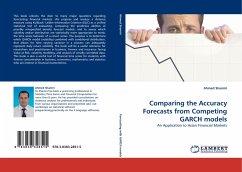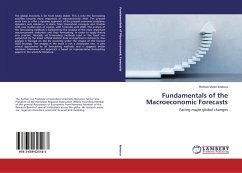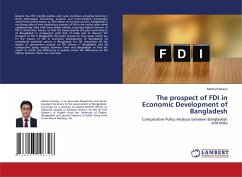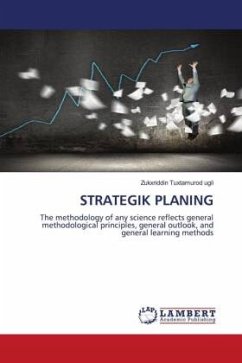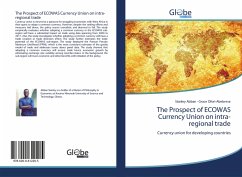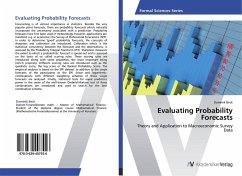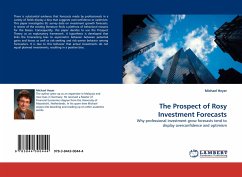
The Prospect of Rosy Investment Forecasts
Why professional investment grow forecasts tend to display overconfidence and optimism
Versandkostenfrei!
Versandfertig in 6-10 Tagen
32,99 €
inkl. MwSt.

PAYBACK Punkte
16 °P sammeln!
There is substantial evidence that forecasts made by professionals in a variety of fields display a bias that suggests overconfidence or optimism. This paper investigates EU survey data on investment growth forecasts. A review of the existing literature finds a plethora of behavioral reasons for the biases. Consequently, this paper decides to use the Prospect Theory as an explanatory framework. A hypothesis is developed that links the forecasting bias to asymmetric behavior between potential gains and losses as well as risk-seeking and risk-averse behavior among forecasters. It is due to this ...
There is substantial evidence that forecasts made by professionals in a variety of fields display a bias that suggests overconfidence or optimism. This paper investigates EU survey data on investment growth forecasts. A review of the existing literature finds a plethora of behavioral reasons for the biases. Consequently, this paper decides to use the Prospect Theory as an explanatory framework. A hypothesis is developed that links the forecasting bias to asymmetric behavior between potential gains and losses as well as risk-seeking and risk-averse behavior among forecasters. It is due to this behavior that actual investments do not equal planned investments, resulting in a positive bias.



